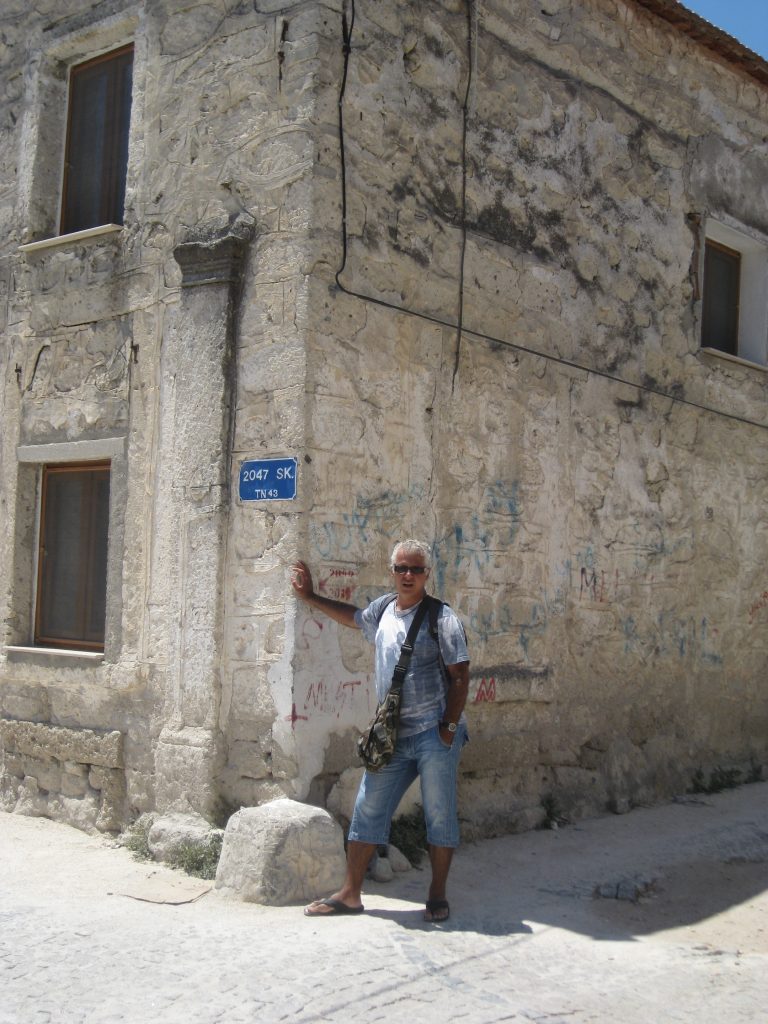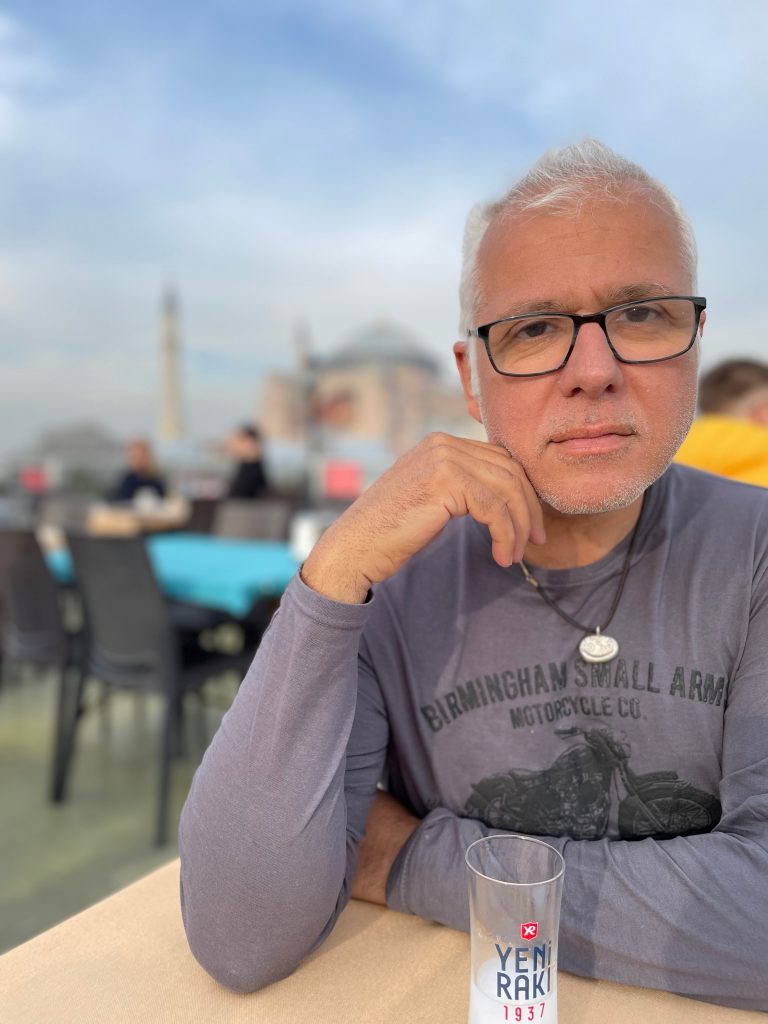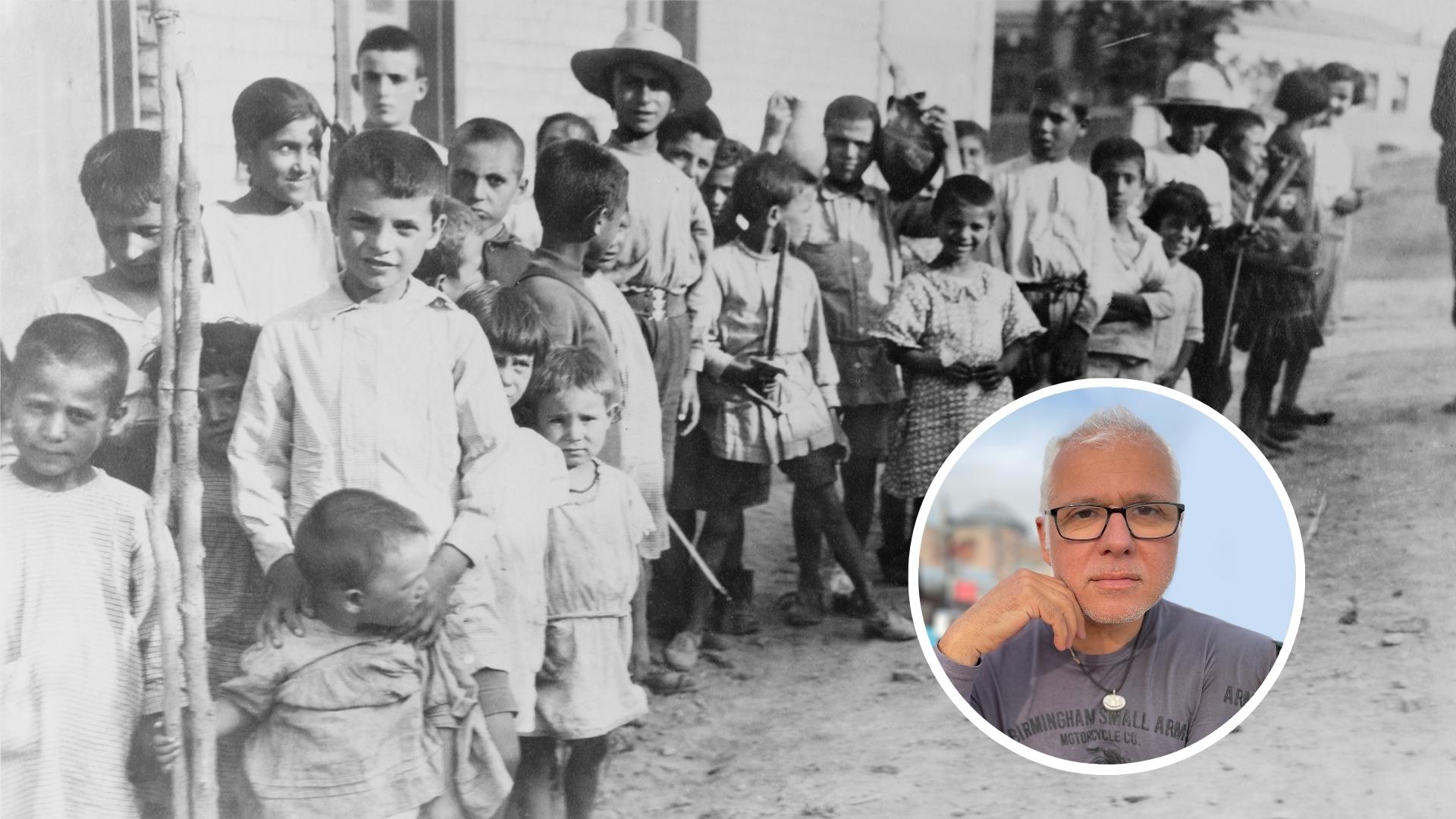By Mary Sinanidis.
These days, the Facebook group, The Scattered Greeks of Asia Minor is filled with posts of events from around the world commemorating 100 years since the Asia Minor Catastrophe.
Apart from the academic lectures, wreath-laying ceremonies and candlelight vigils are the gut-wrenching stories of those who lost their homes.
Angela Kalaf started the private group 10 years ago as a place for people to share their stories and connect with friends and relatives who have scattered around the globe.
Since then, it has grown to 4,300 plus members from the USA, Australia, Greece, Canada and the UK, most of the people are aged over 55 and the women outnumber the men.
It is a place to connect and remember.
Adelaide-based administrator James Dandalis told The Greek Herald: “My involvement dates back to not long after the inception of the group and my inspiration was that I was trying to identify with my cultural heritage after growing up in a house dominated by English.”
“My father, who was a child of parents from Asia Minor, identified as a Greek in name only.”
It was the fascination about his heritage that drew Mr Dandalis to the group, first as an active member and later as an administrator.

A DNA test in conjunction with participation in the group has allowed him to connect with extended family from Asia Minor in other cities of Australia.
“Although it was DNA which identified the distant relationships, it was the sharing of our shared oral history which identified common ancestors,” he said.
“As a teen, we had a family holiday to Melbourne, where I met my paternal grandfather’s cousin, Tom Drougas.”
Though Mr Drougas was elderly at the time, he was able to recall details from Asia Minor and gave Mr Dandalis a book, “1922: Destruction of a City”. It was this meeting that sparked an ongoing interest.
“One of Tom’s stories stuck in my mind, he was an 18-year-old soldier who remained in Asia Minor after the Greek army had evacuated,” Mr Dandalis said.
“After he had seen blood dripping from ceilings, victims of the Turkish army, he fled to Greece by swimming from the tip of the Cesme peninsula to Chios, and he rested on two islets near the Asia Minor coast and was picked up by a Greek ship around halfway along his journey to Chios.”
On his first visit to Asia Minor, Mr Dandalis took the ferry from Cesme to Chios and saw the two islets. Remembering Tom’s story, he broke down in tears.

These are emotions that most members of the group share. Through sharing, they support each other and sometimes find a lost relative or two.
Though many of the group’s members have not set foot in Asia Minor, a number of them believe the trauma incurred by their ancestors is real. “While I empathise with their positions, as descendants we did not experience the horrors of war and genocide and will never know the terror that our ancestors felt,” he said.
Mr Dandalis said that it is important to keep alive the memories, but “not just focus on one aspect of our history, as we have over 3000 years of documented history in Asia Minor”. There’s also the culture and traditions, not just the pain, Mr Dandalis said.

